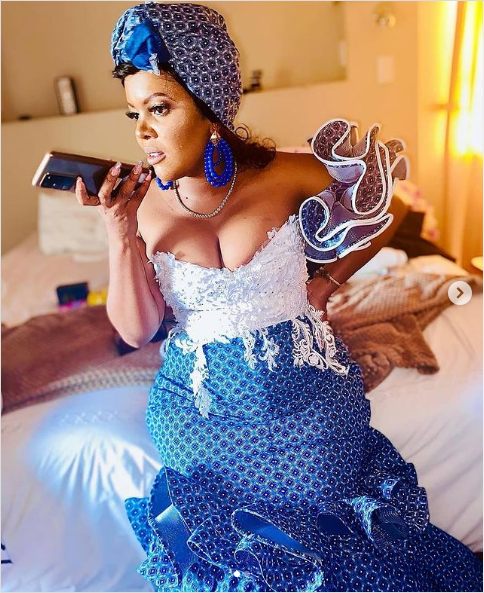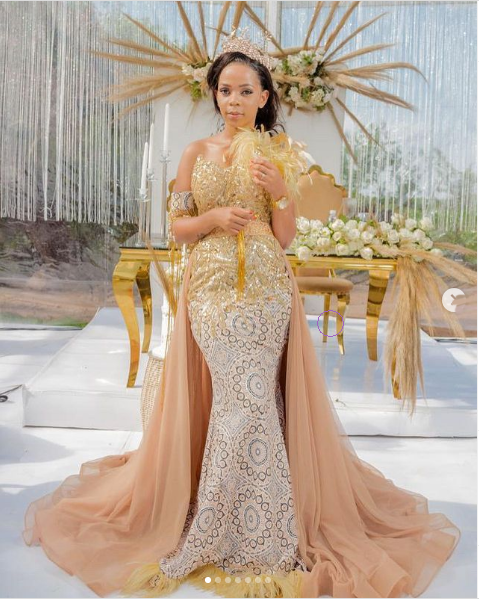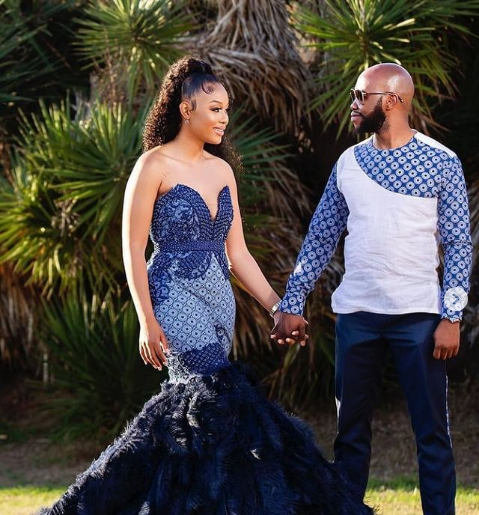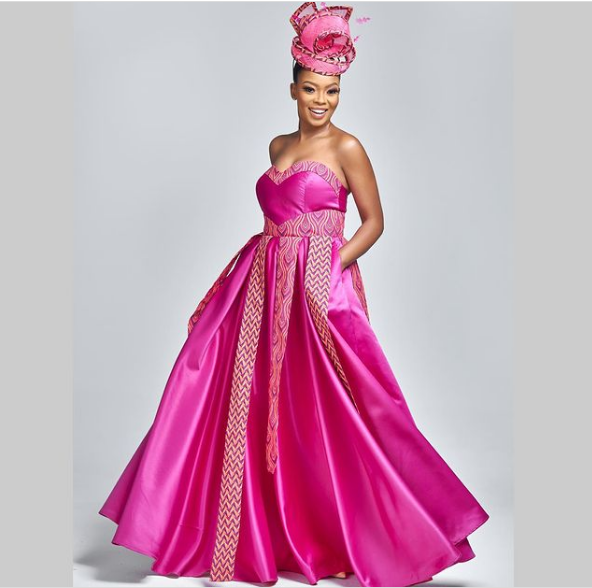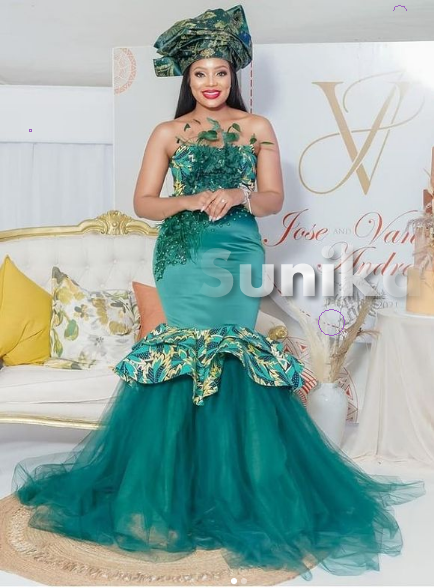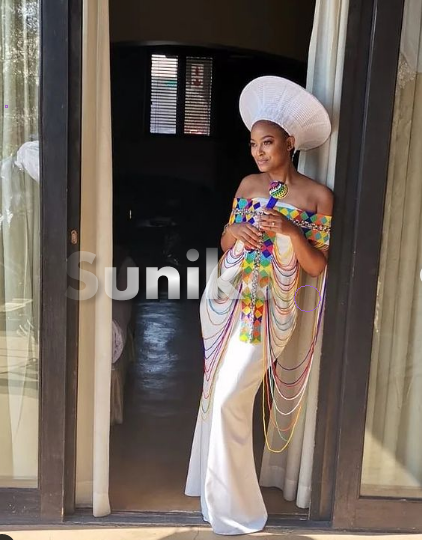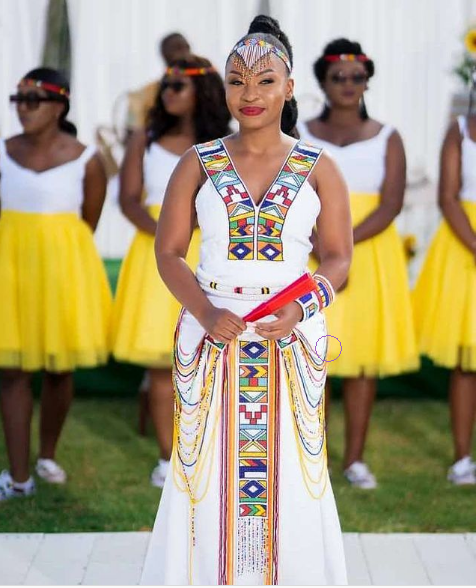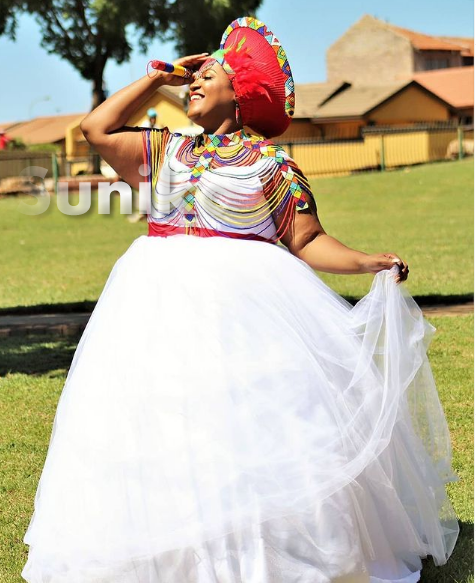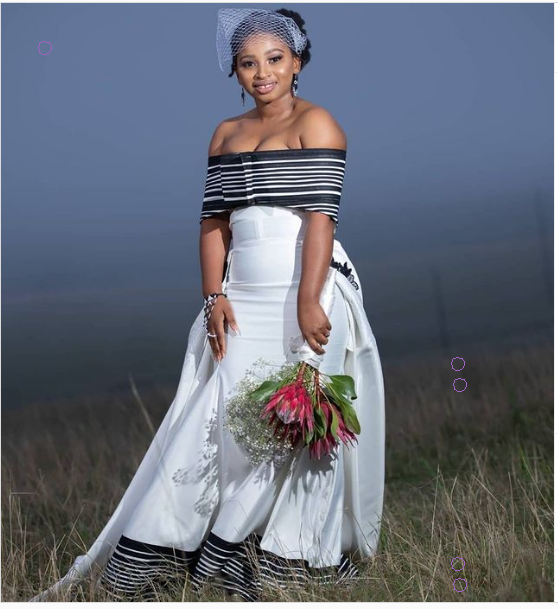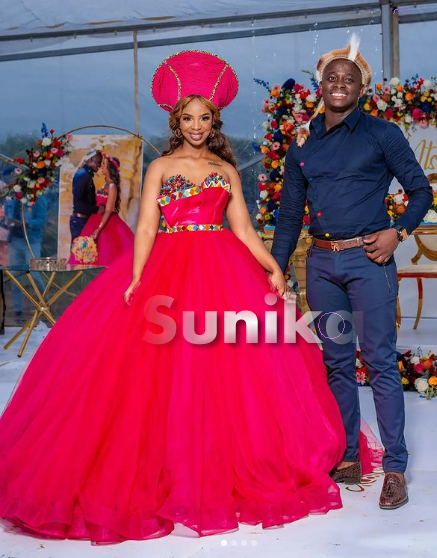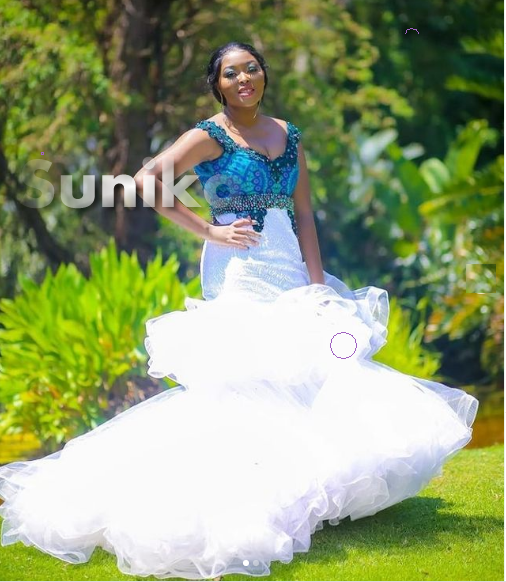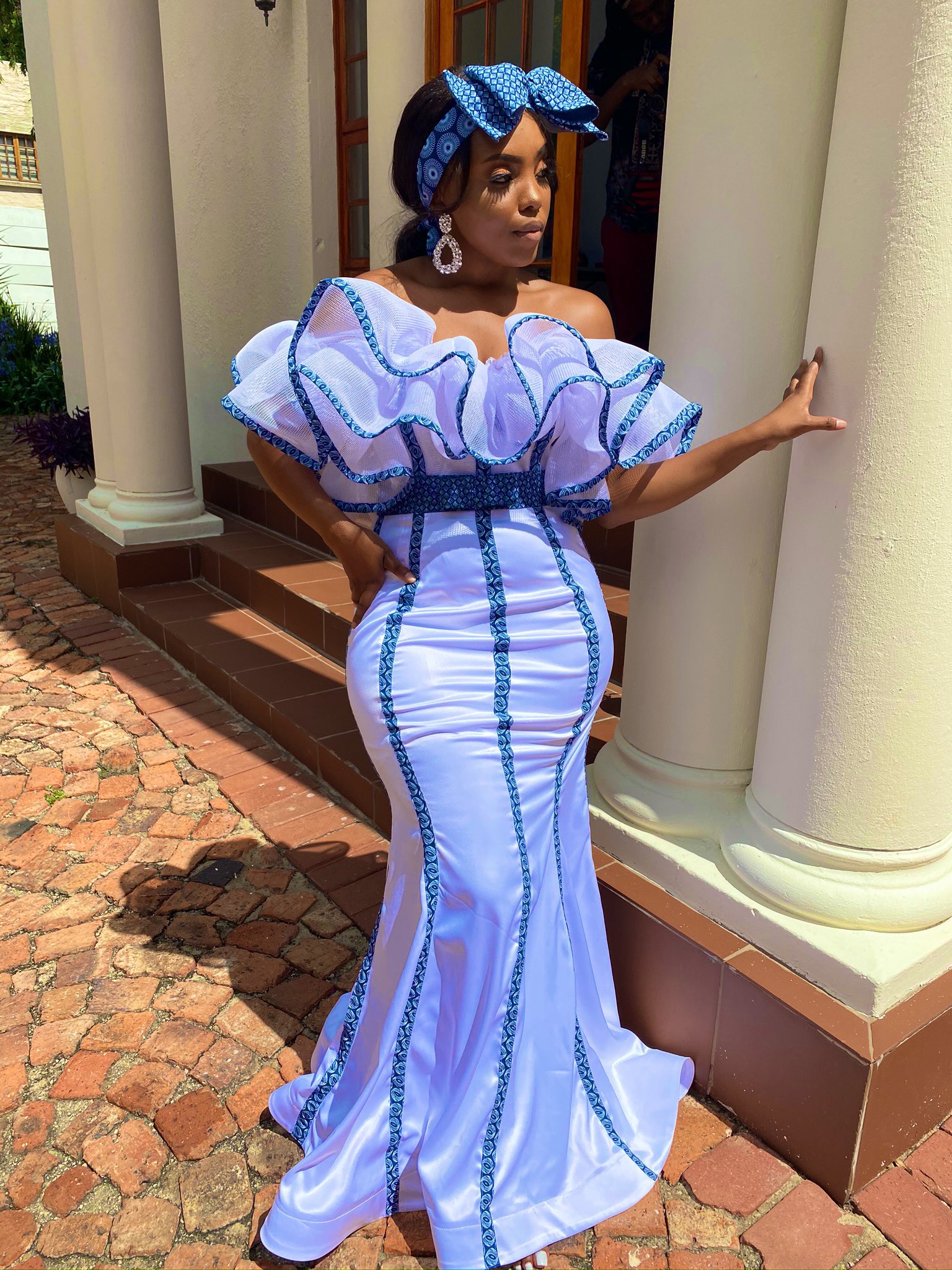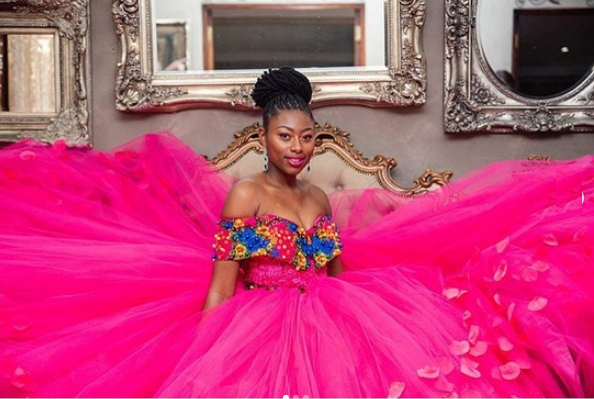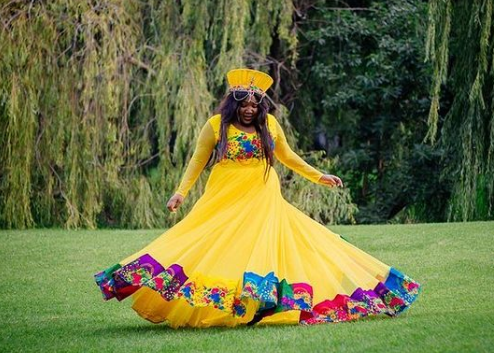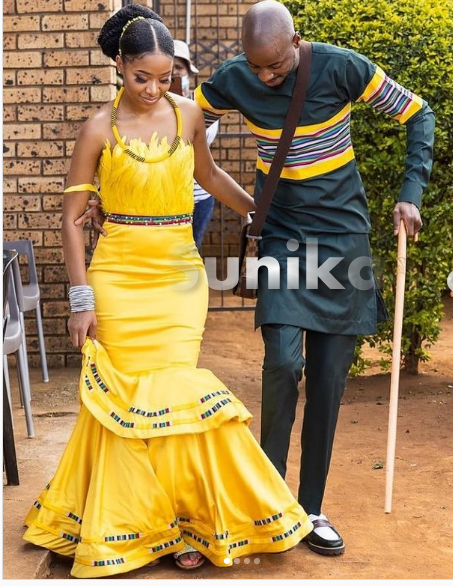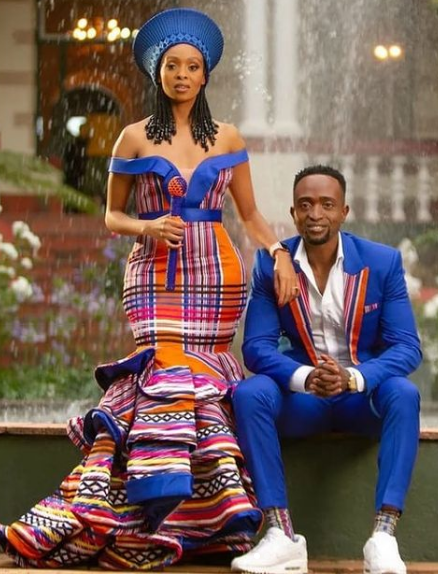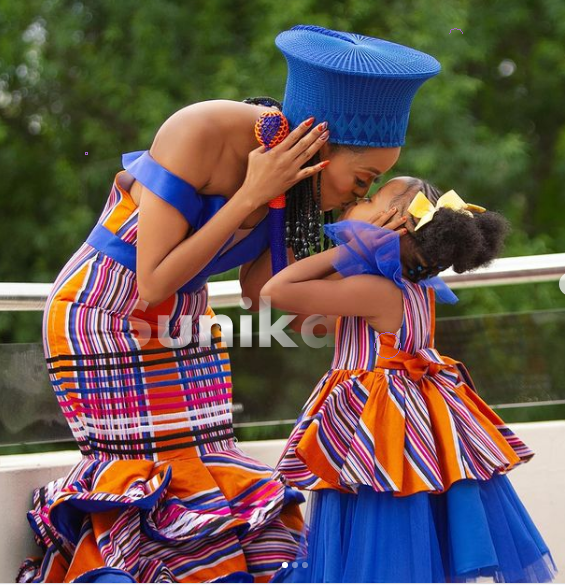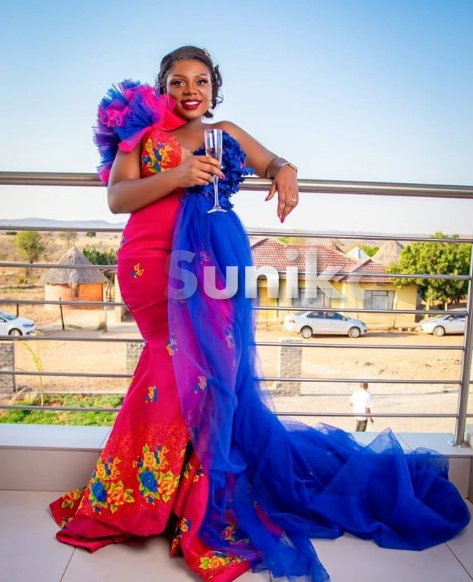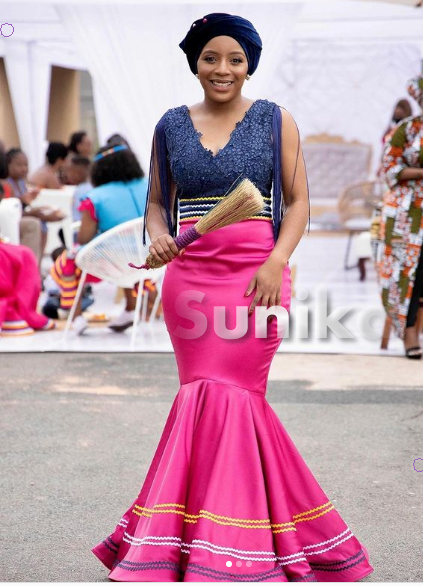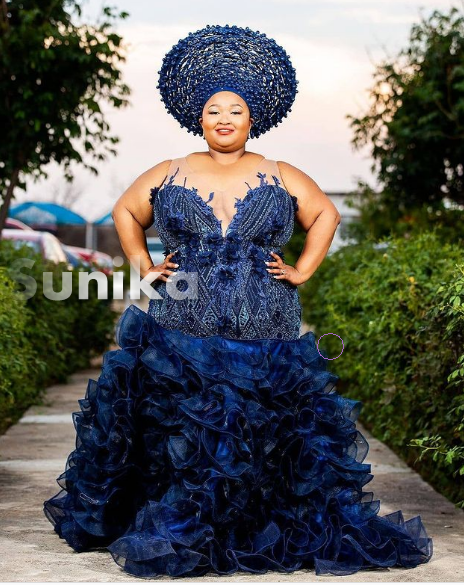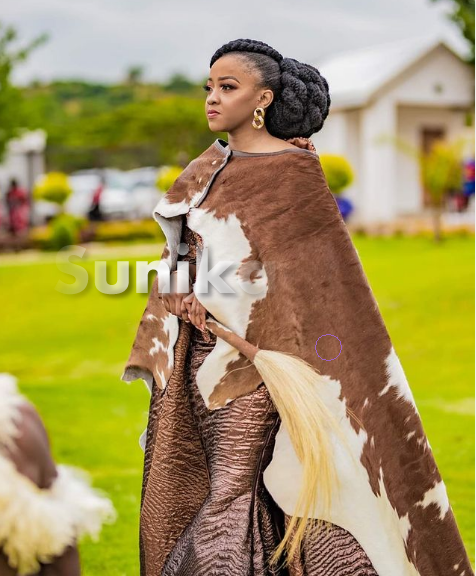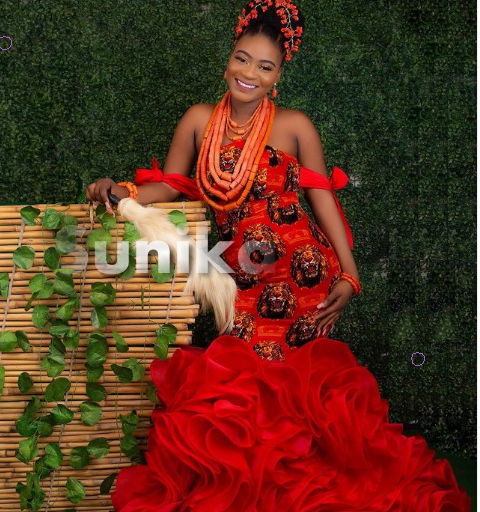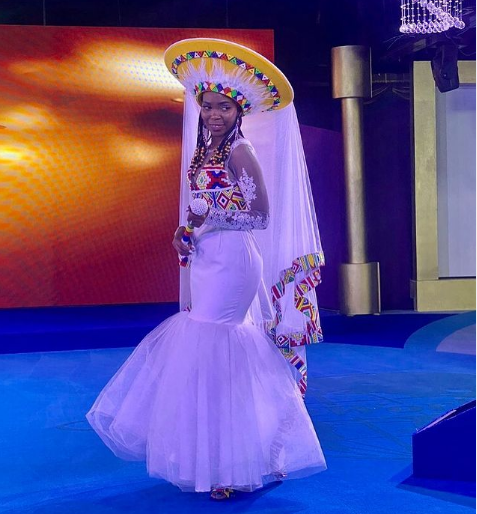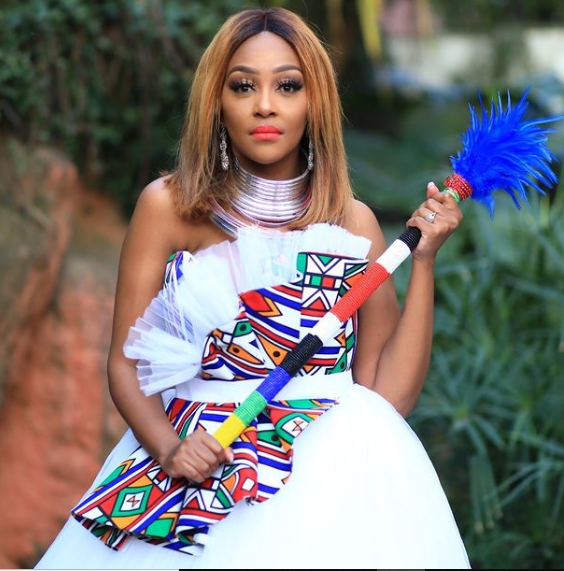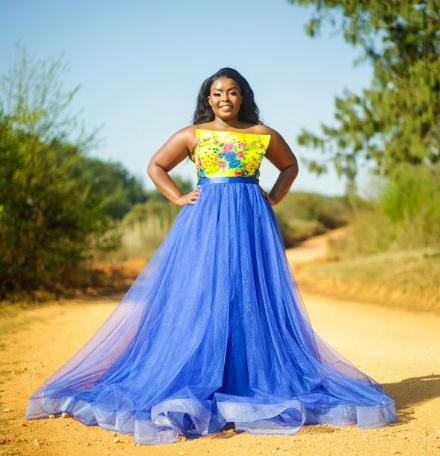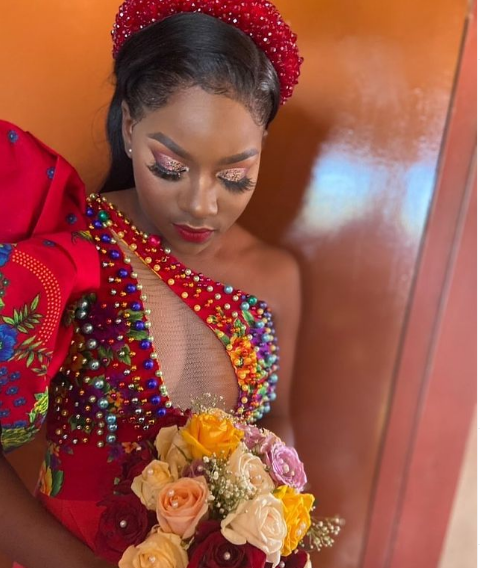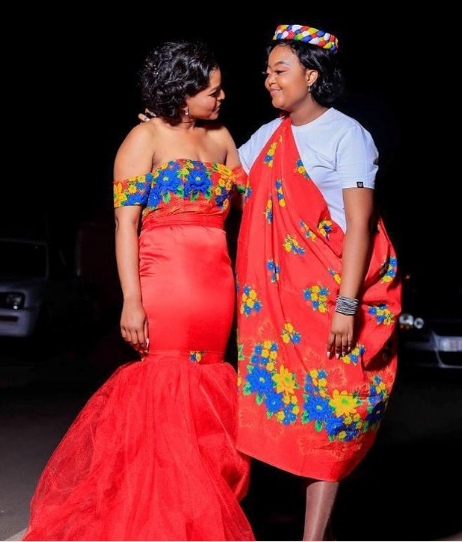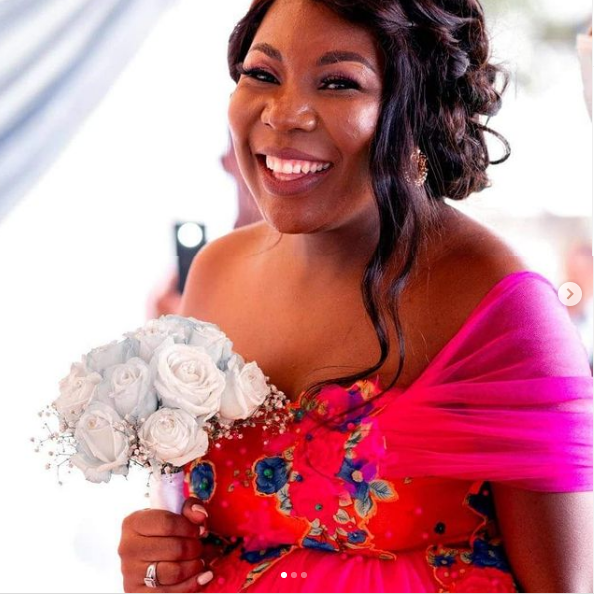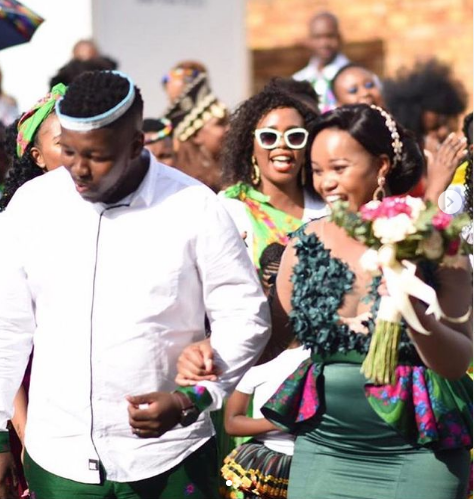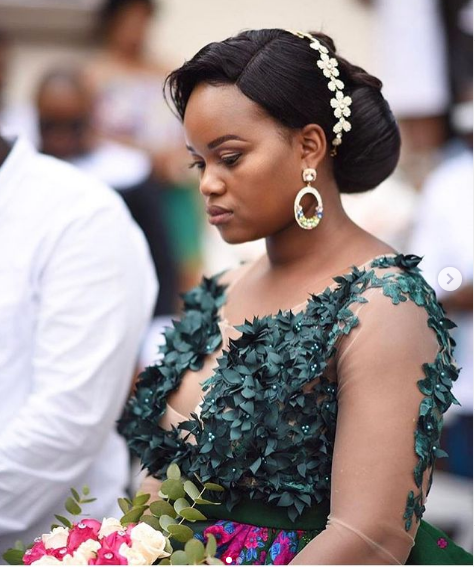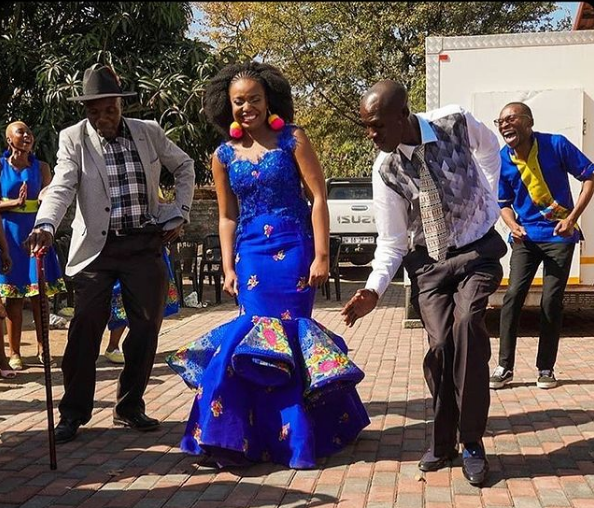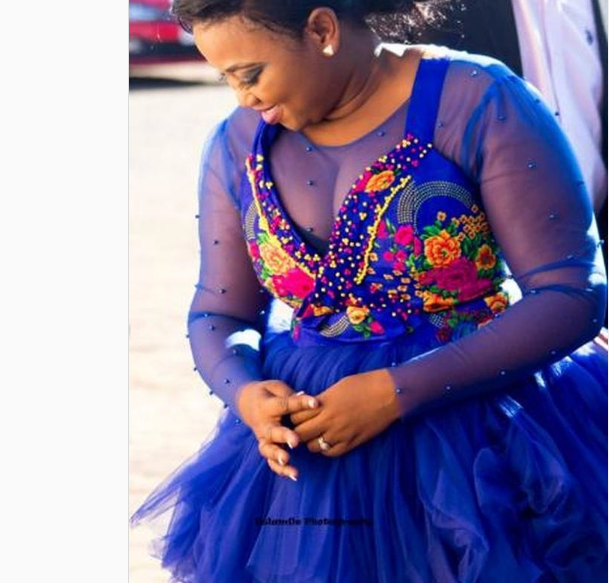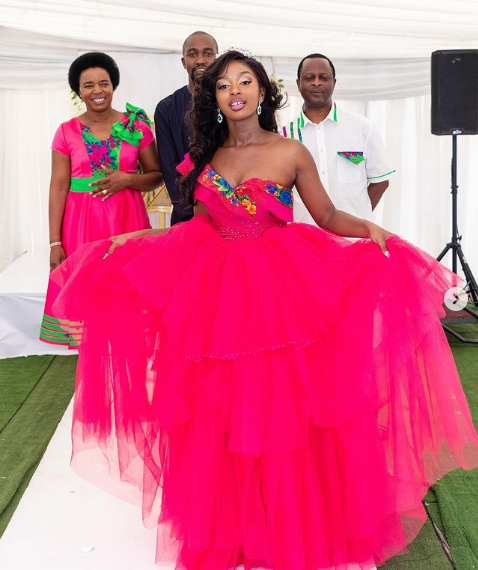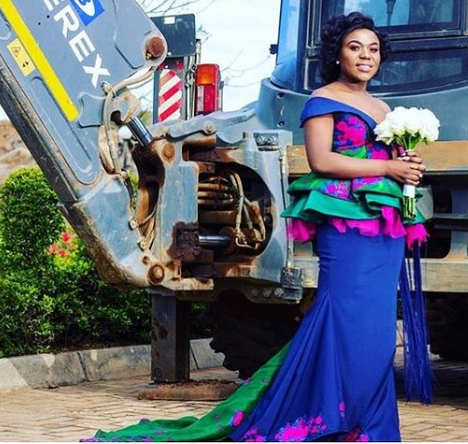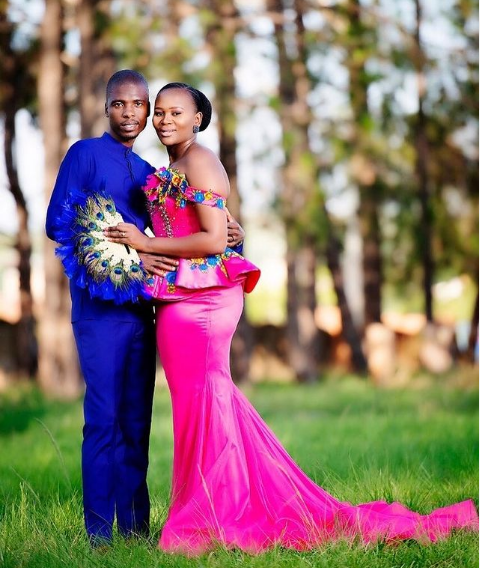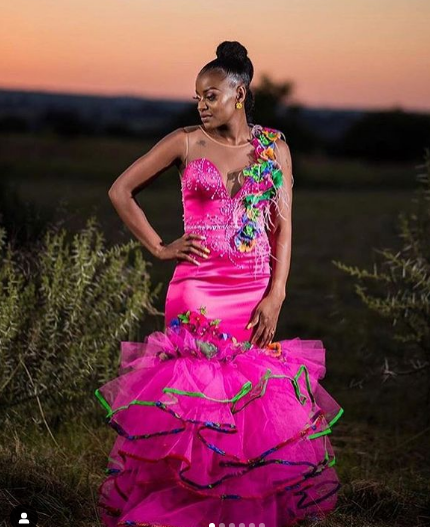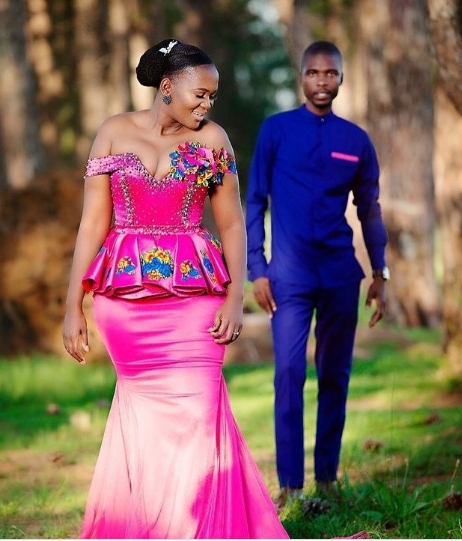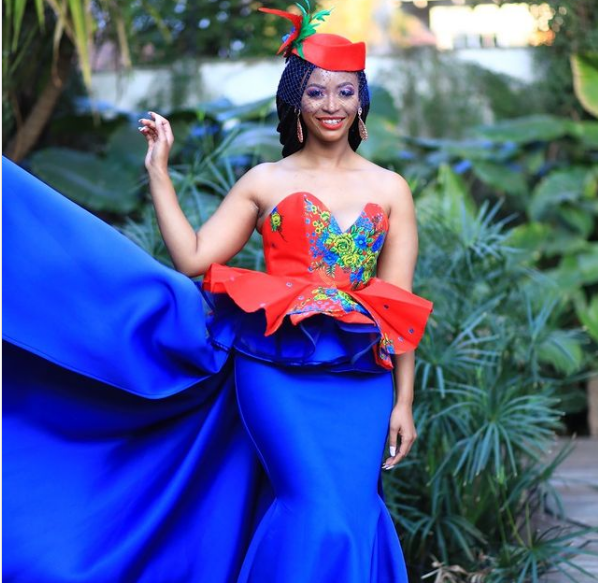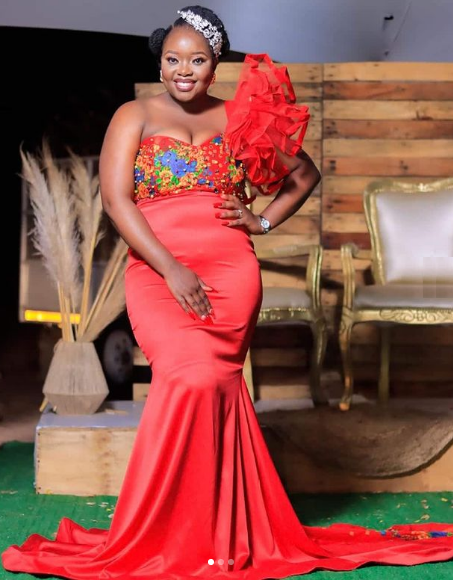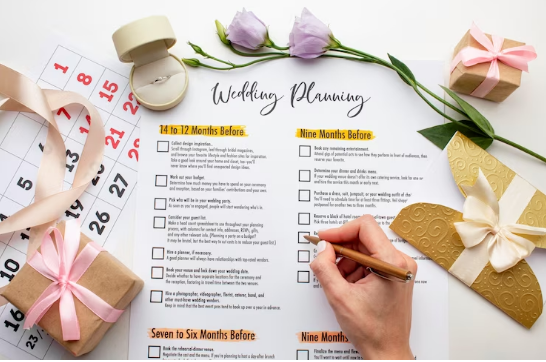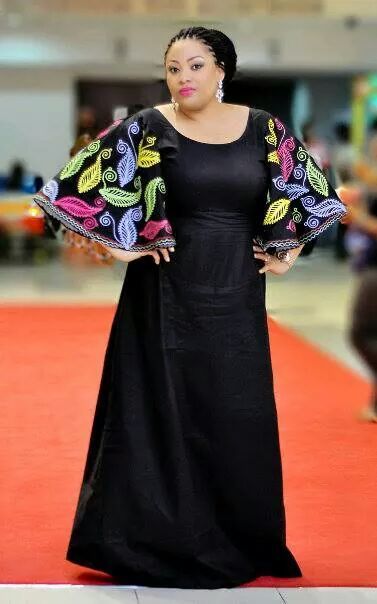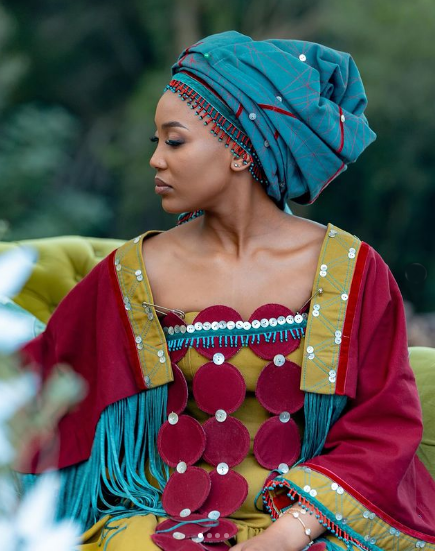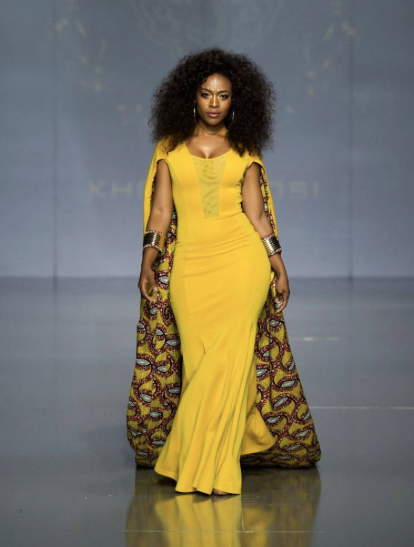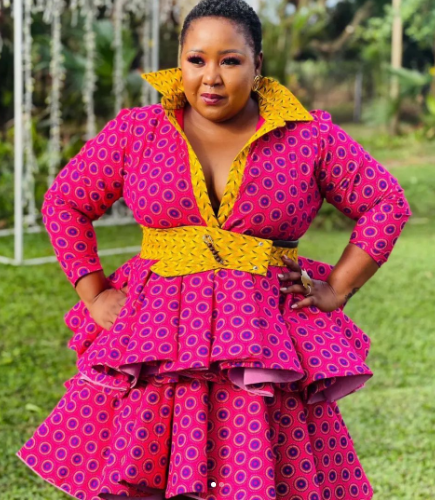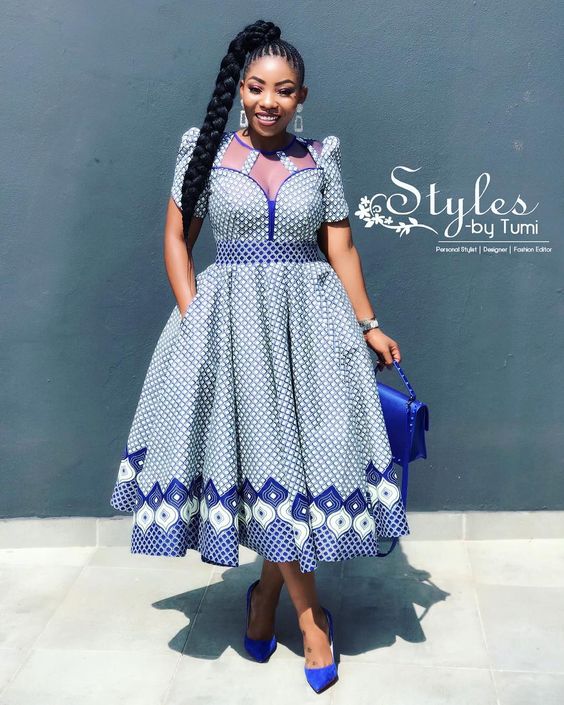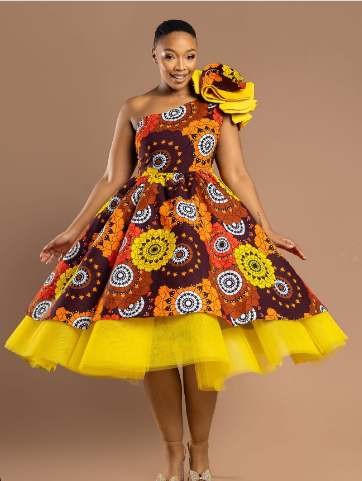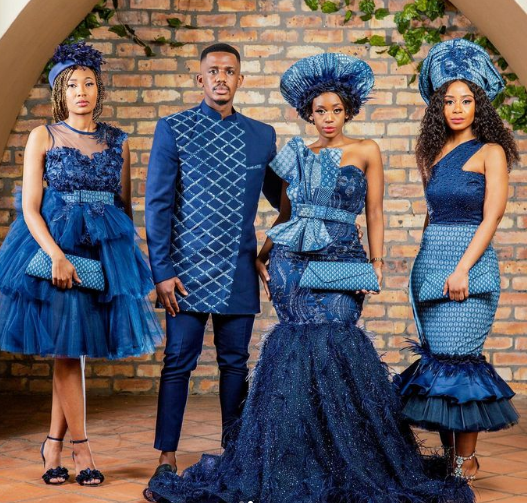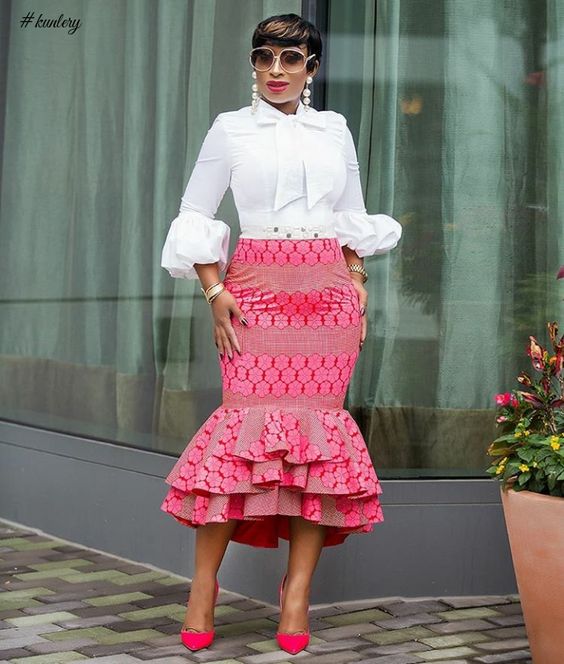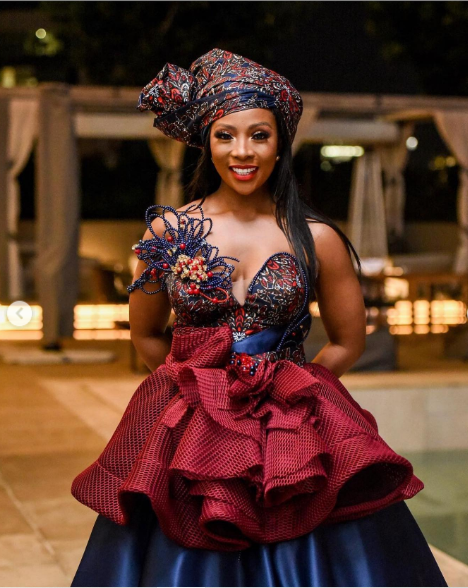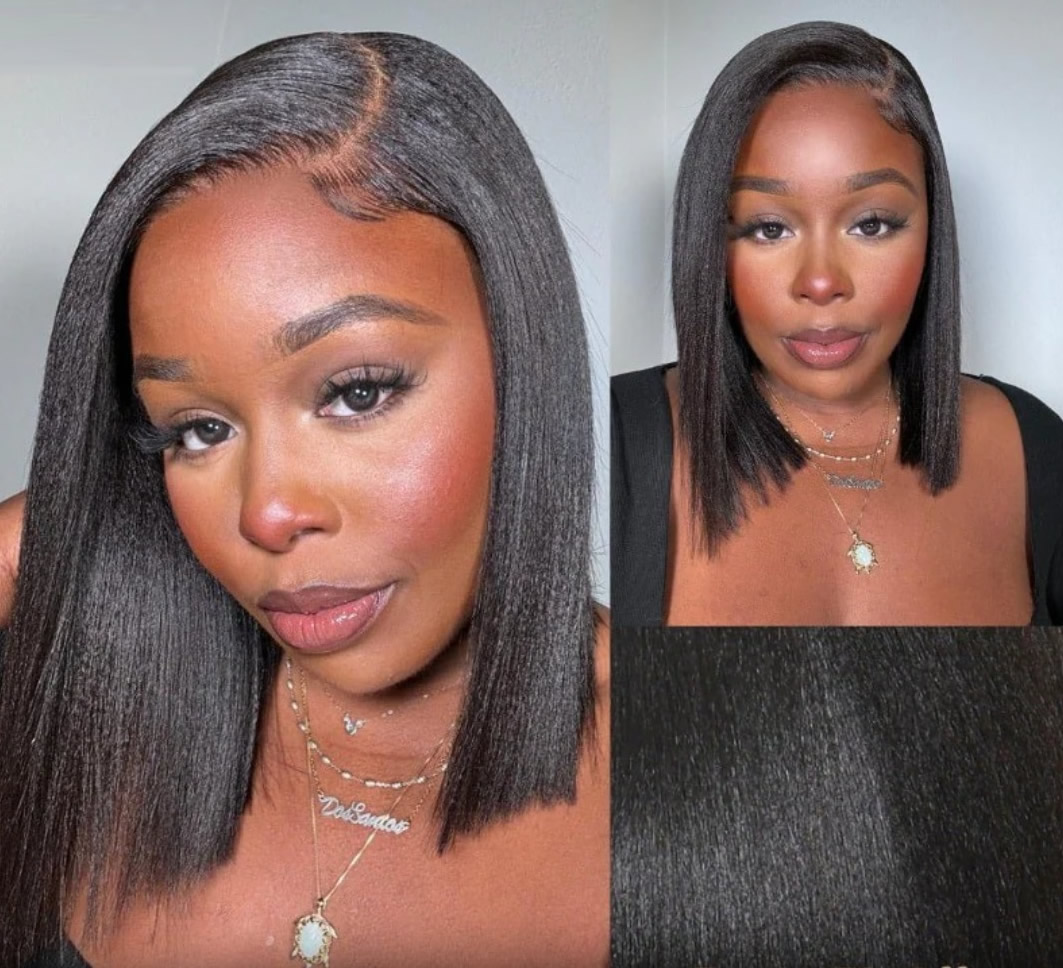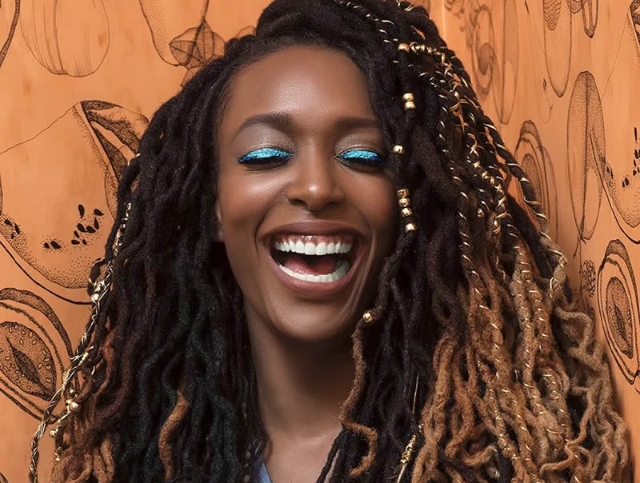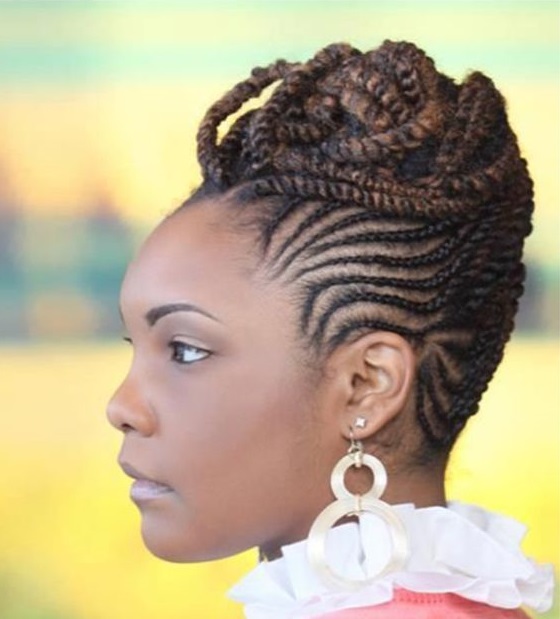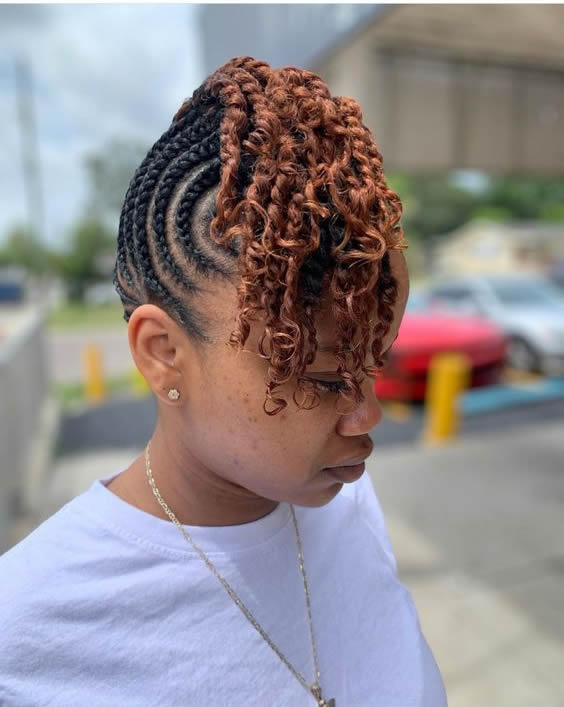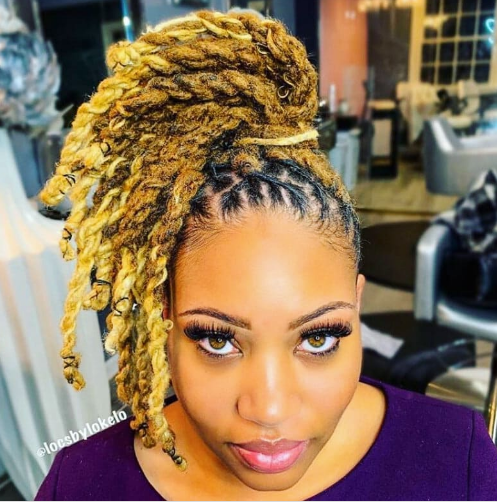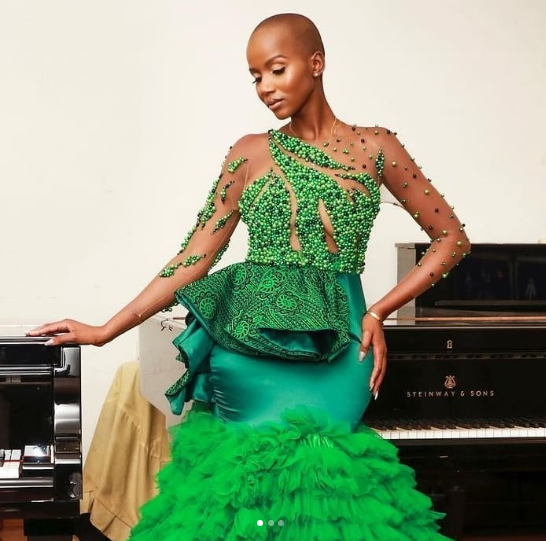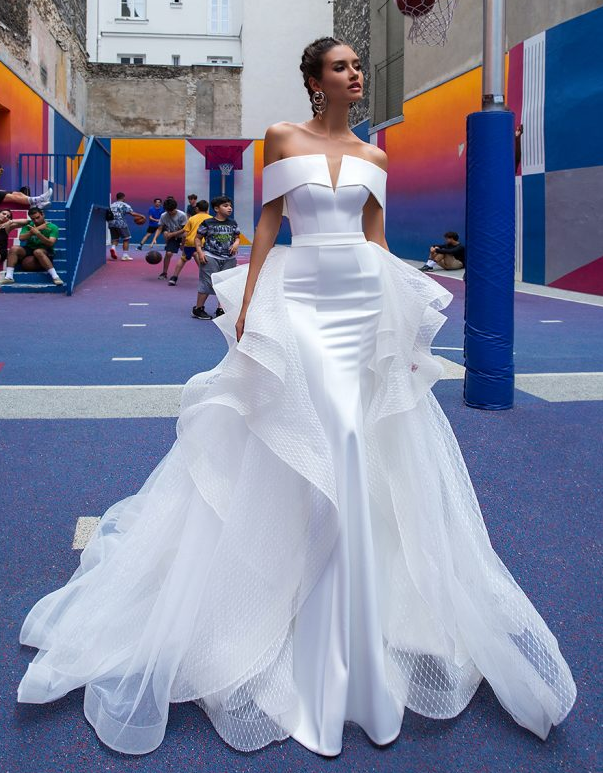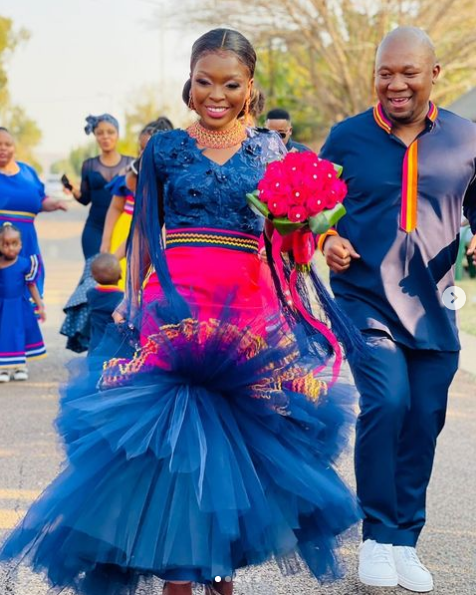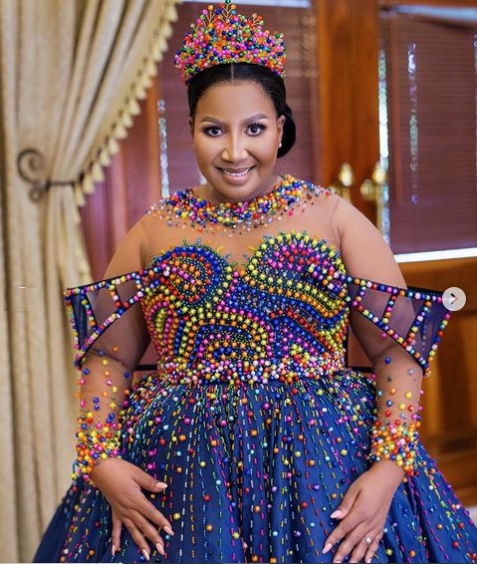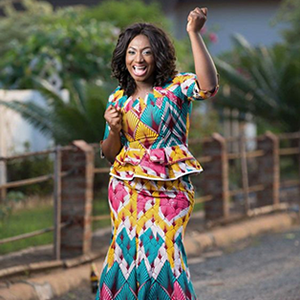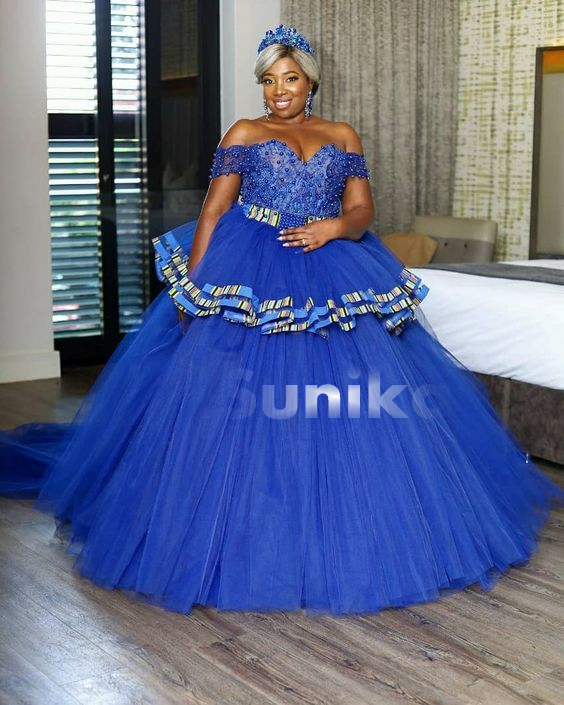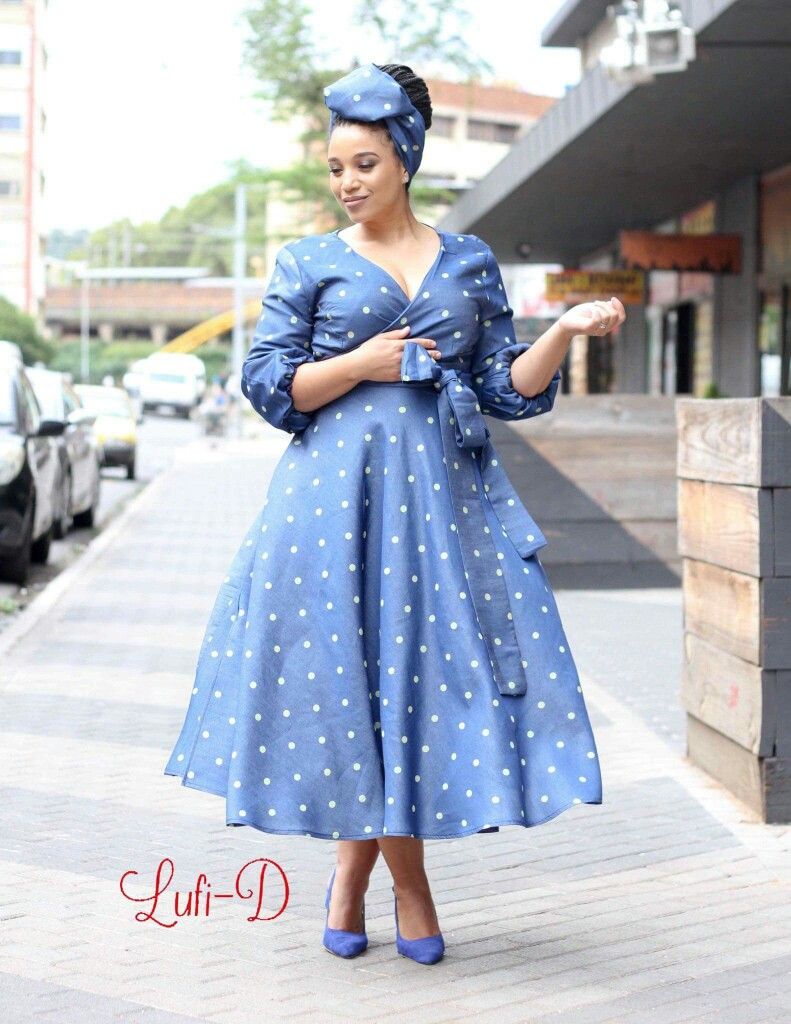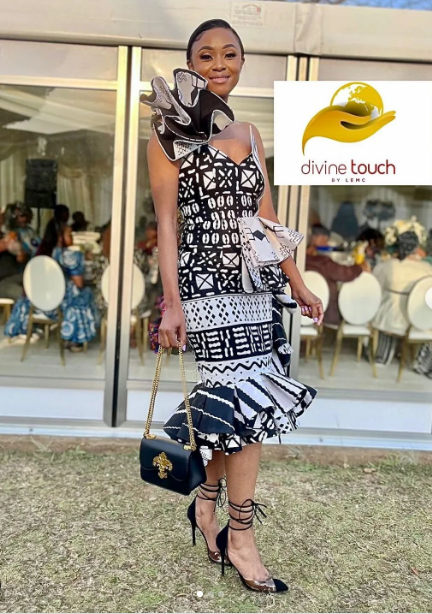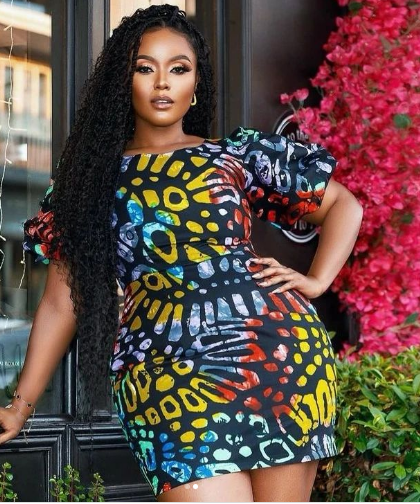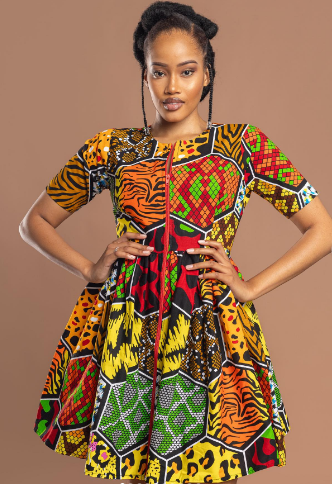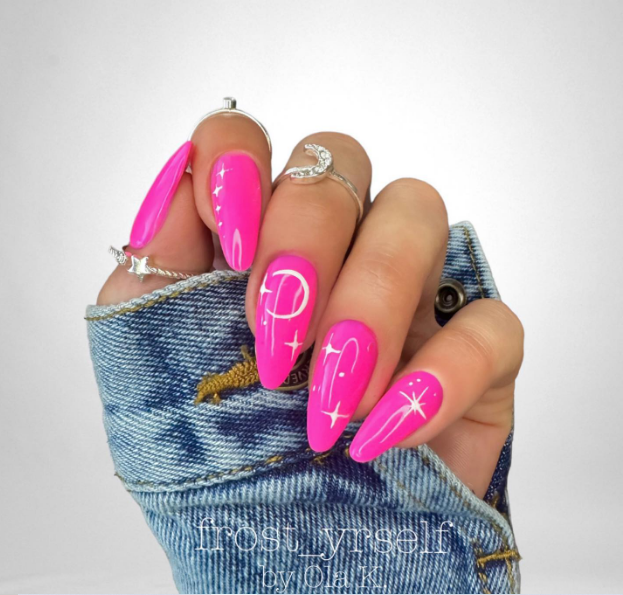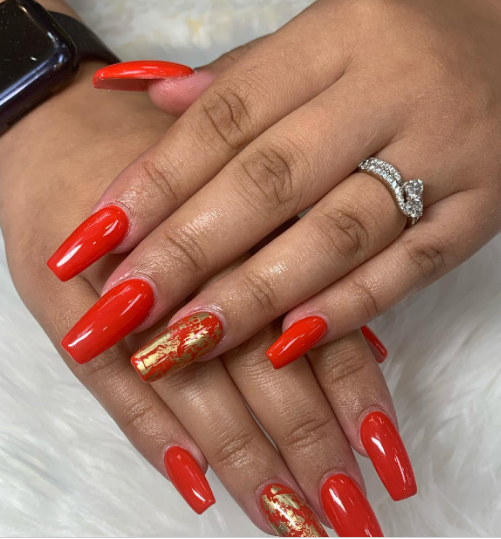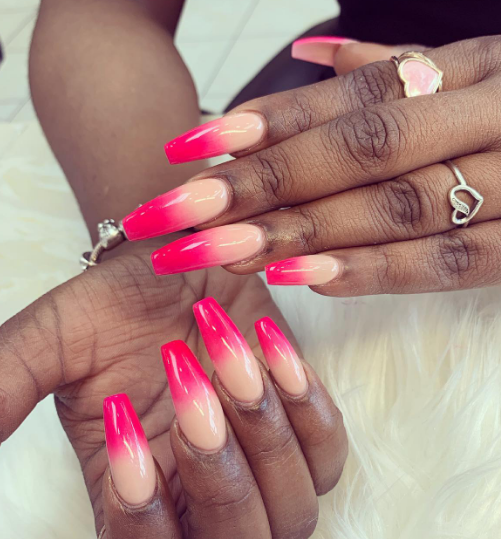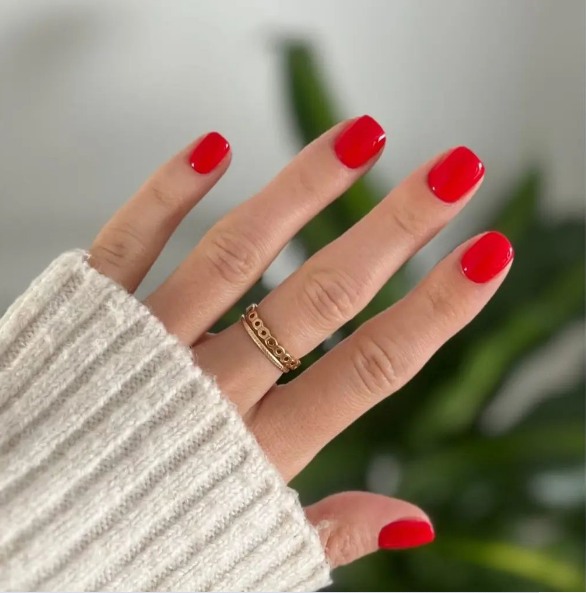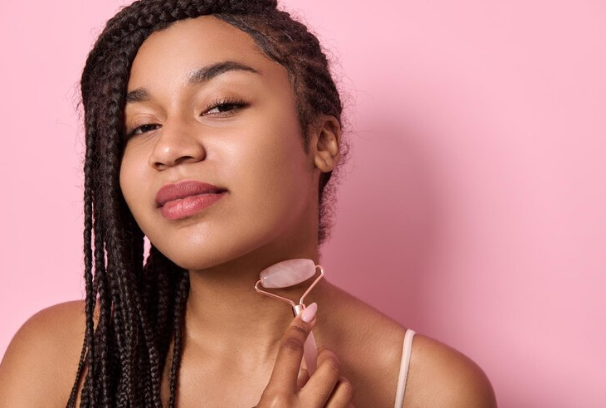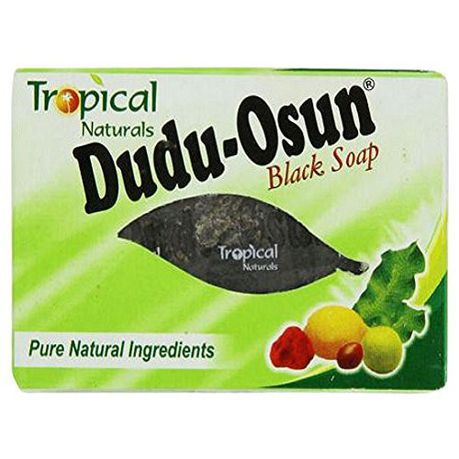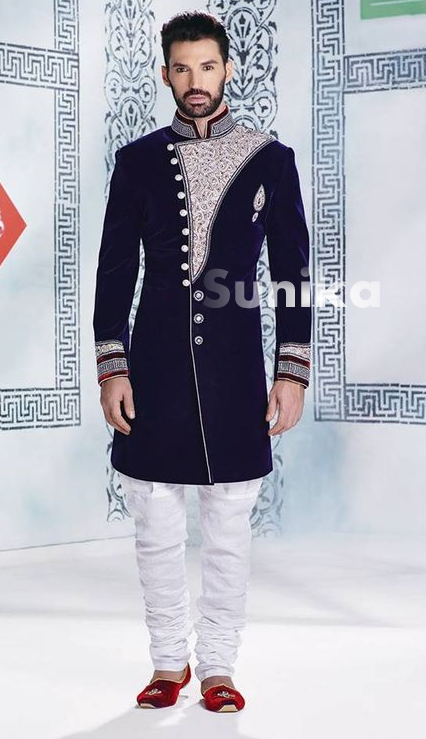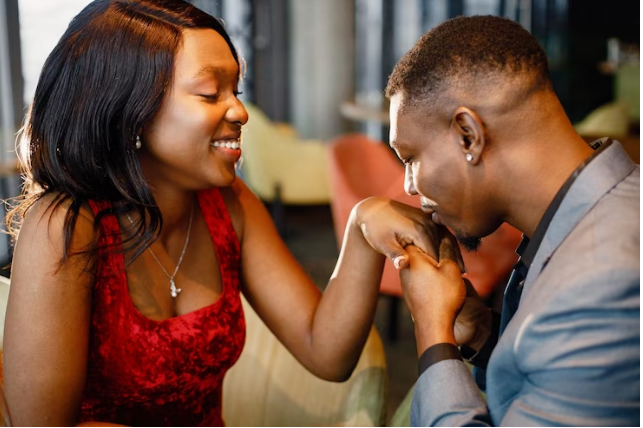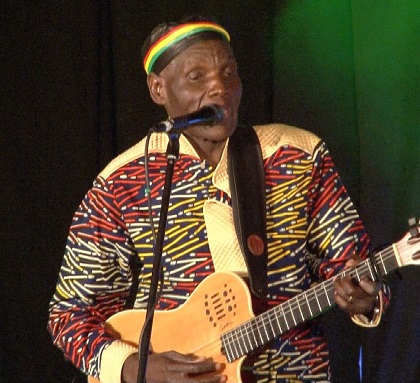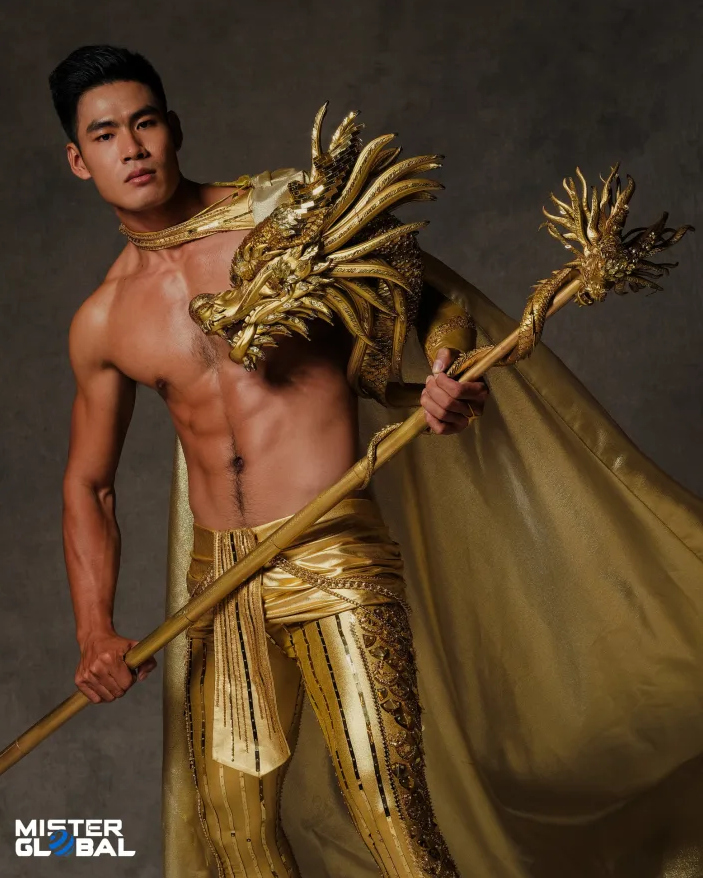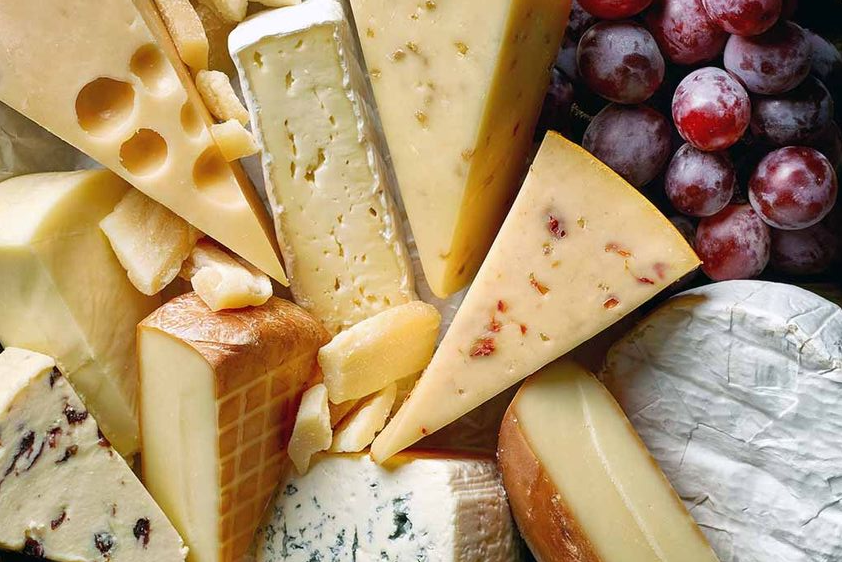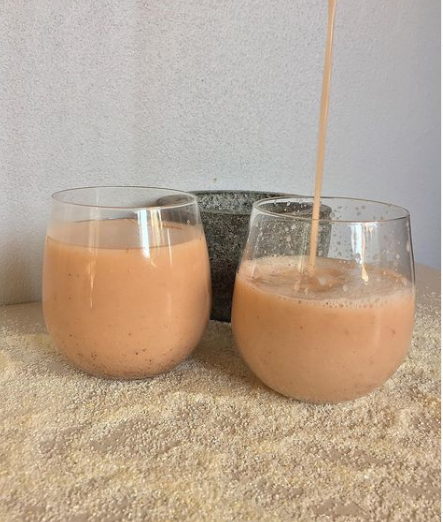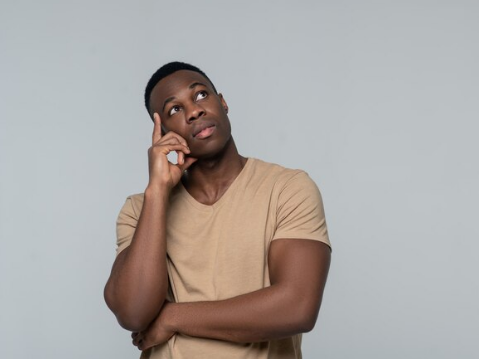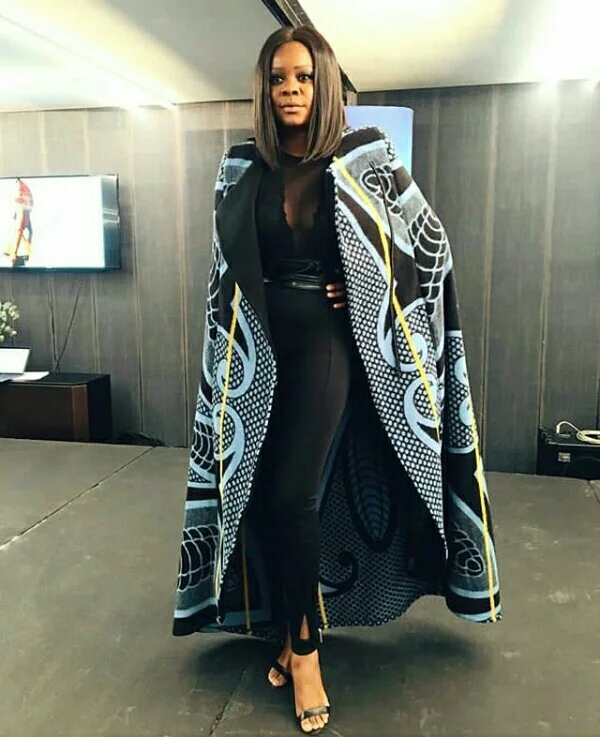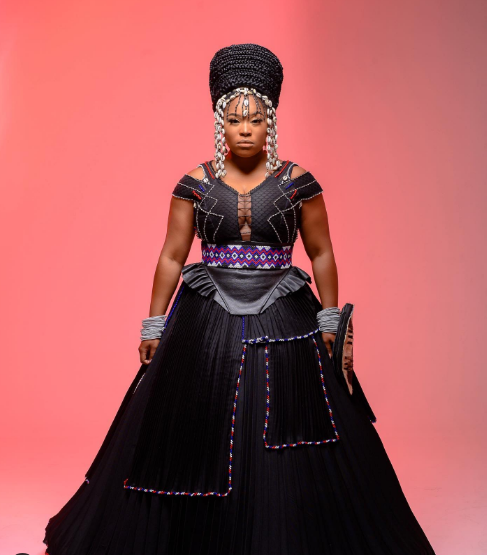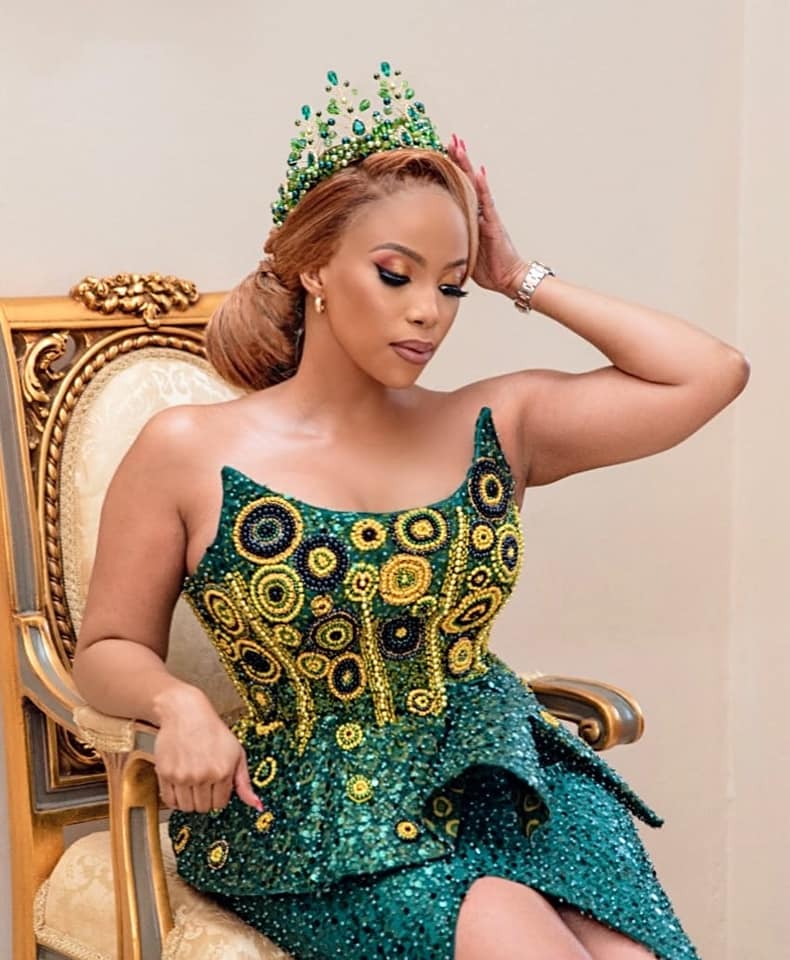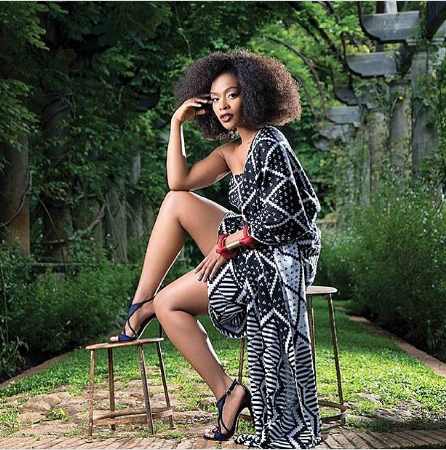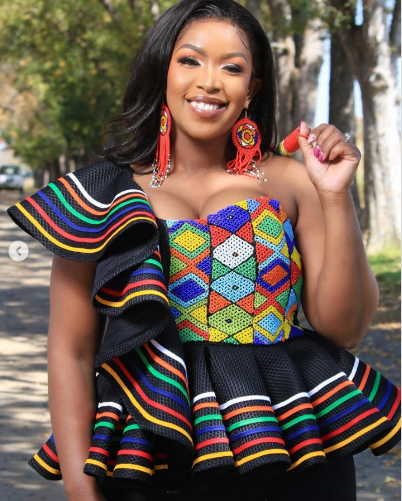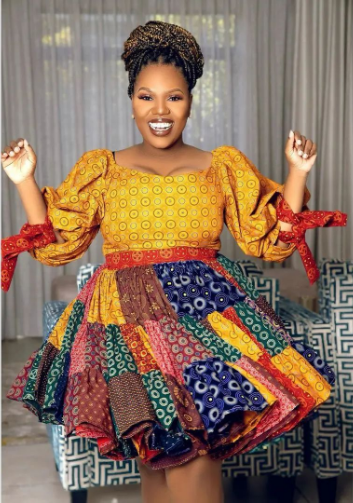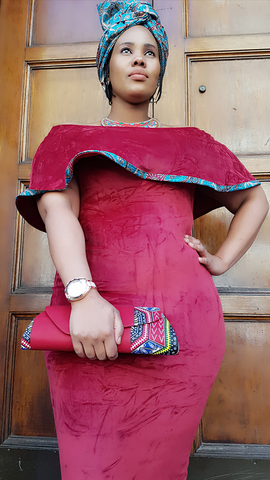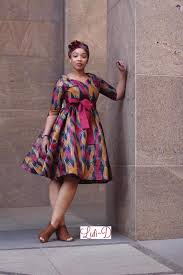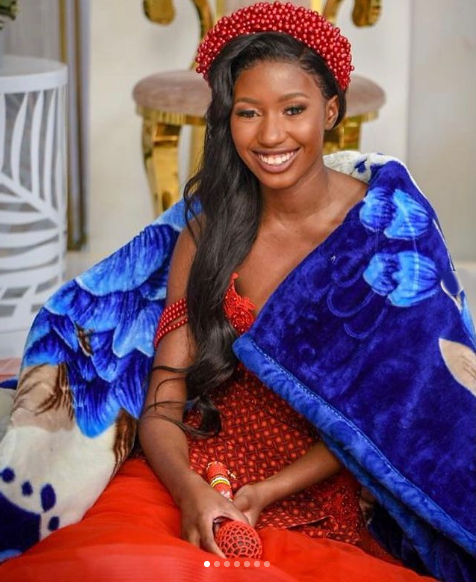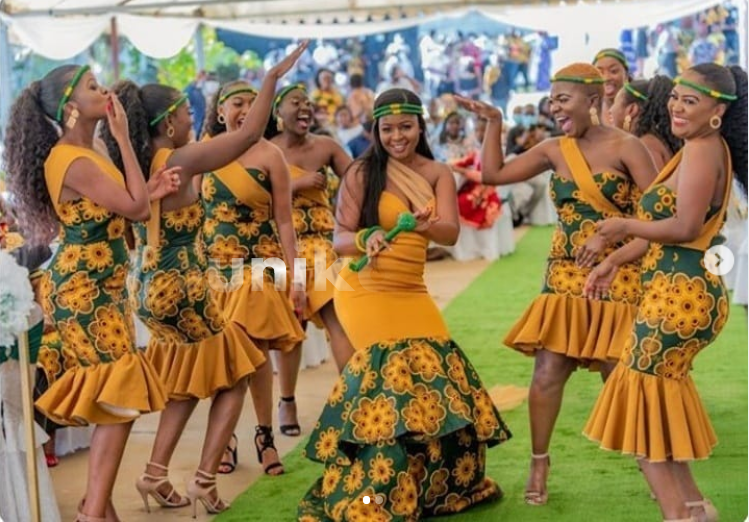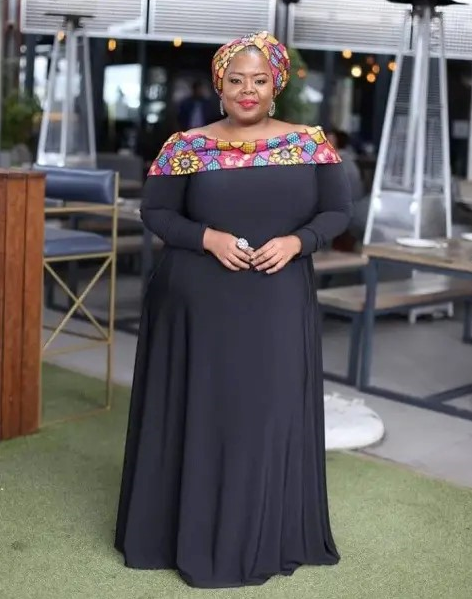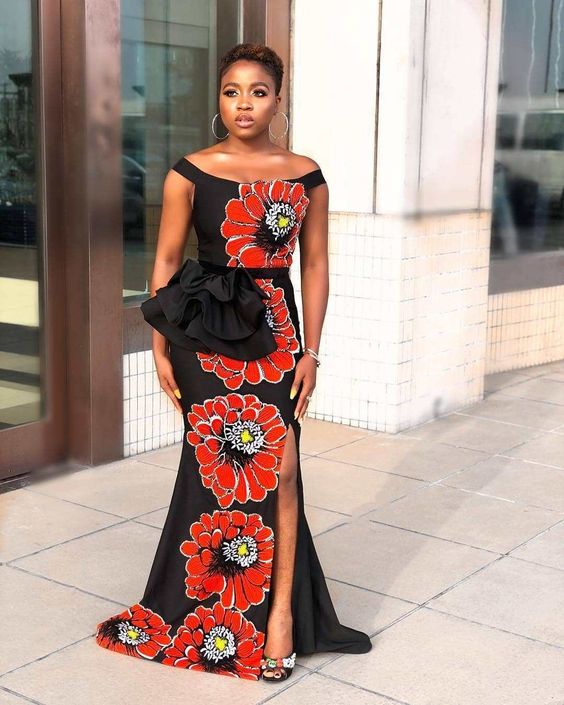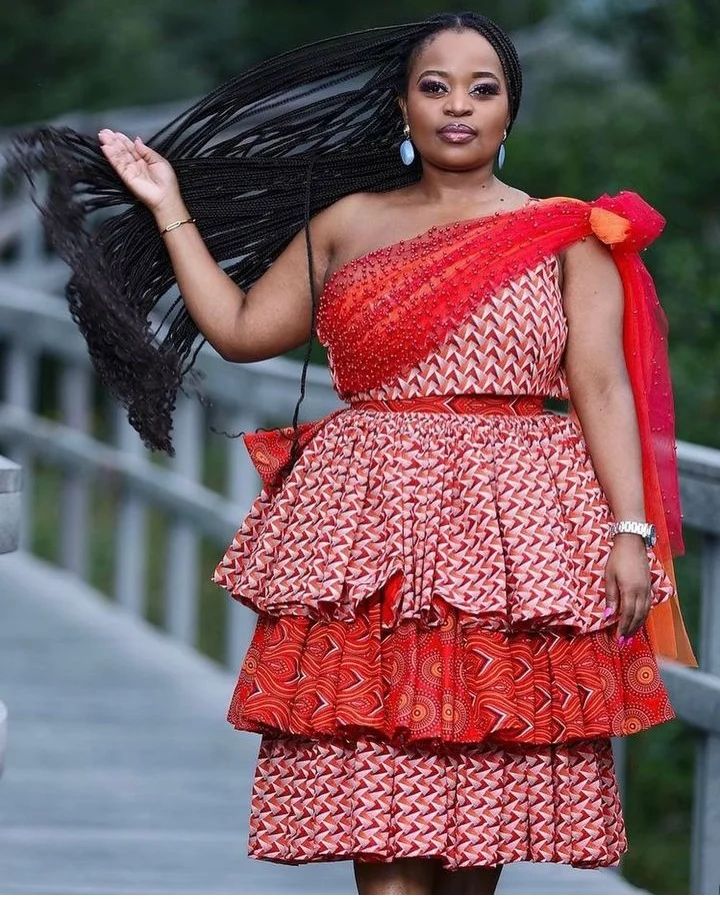South Africa, a country rich in cultural diversity, boasts a vibrant array of traditional wedding dresses. These dresses reflect the deep-rooted customs, beliefs, and rituals of various ethnic groups across the nation. Each community's traditional wedding attire is a celebration of heritage, identity, and the union of two families. In this article, we will explore some of the most prominent traditional wedding dresses in South Africa, showcasing the beauty and significance of these cherished garments.
1. Zulu Traditional Wedding Dresses
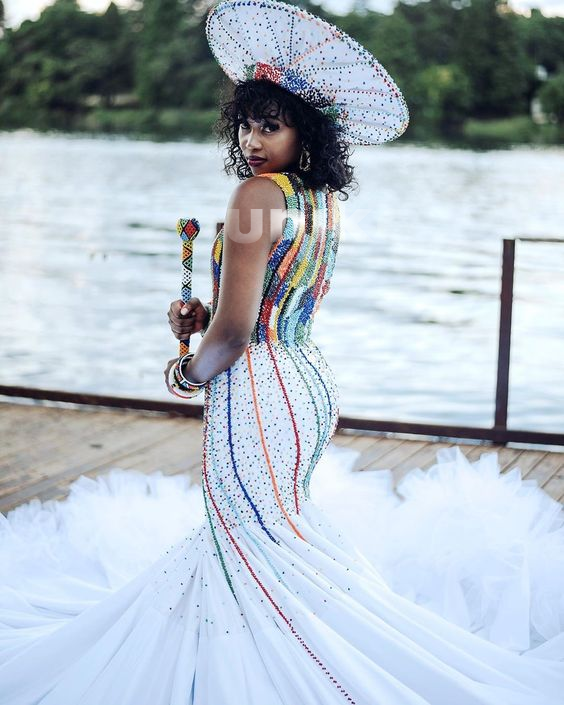
The Zulu people, one of the largest ethnic groups in South Africa, have a striking and iconic traditional wedding dress. The bride wears an exquisite attire called "isicholo," which is a tall, circular hat made of woven grass or modern materials. The isicholo symbolizes respect, maturity, and the bride's transition to womanhood. Additionally, Zulu brides wear a "isiqhwayi," a beautifully beaded apron, and a "umqhele," a beaded neckpiece, enhancing the overall elegance of the ensemble.
The Zulu Traditional Wedding Dresses are transformed every season, but the Ischolo remains a significant symbol of the Zulu cultural heritage. The modern Zulu traditional Wedding dress is not complete without the traditional Zulu hat and beads to complete the look..
Click here to see more Zulu Traditional Wedding Dresses
2. Xhosa Traditional Wedding Dresses 
Xhosa weddings are a visual feast of vibrant colors and intricate beadwork. The bride dons a "umakoti" dress, which typically consists of a colorful, flared skirt with a beaded bodice and sleeves. The outfit is complemented by a "ixhiba," a beaded headband, and a "thick white blanket" draped over the shoulders, symbolizing the bride's purity and her transition into marriage.
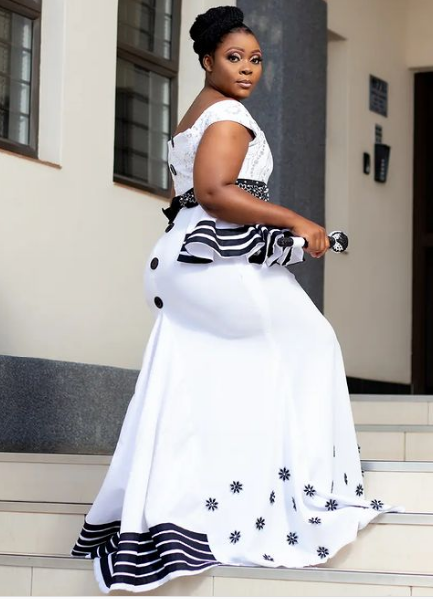 Each wedding season, Xhosa Traditional Wedding Dress designers never disappoint. Umbhaco wedding dresses are transformed to different styles in different colours. The "His and Hers" trend is mostly popular with the Xhosa Traditional Wedding Dresses and there is always new and exciting mens' designs to look out for.
Each wedding season, Xhosa Traditional Wedding Dress designers never disappoint. Umbhaco wedding dresses are transformed to different styles in different colours. The "His and Hers" trend is mostly popular with the Xhosa Traditional Wedding Dresses and there is always new and exciting mens' designs to look out for.
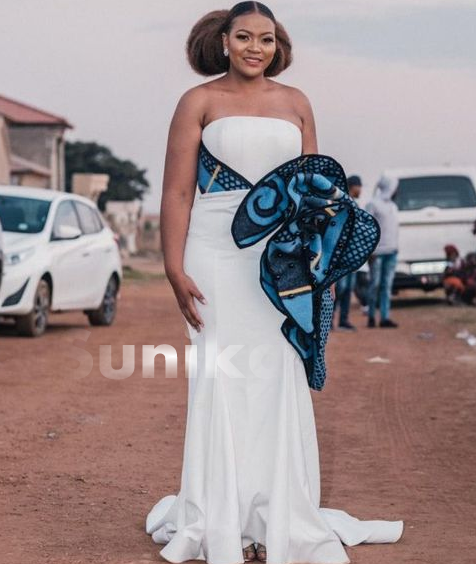 3. Sotho Traditional Wedding Dresses
3. Sotho Traditional Wedding Dresses
The Sotho people celebrate their traditional weddings with a unique and regal attire known as the "seshweshwe." The seshweshwe is a colorful, printed fabric often used to create a long, flowing dress with vibrant patterns and designs. It is often accessorized with beaded necklaces, earrings, and a headdress called "tukwi."
This wedding season, Traditional Wedding Dress designers in South Africa are creating amazing Sotho Traditional Wedding dresses designs. The Sotho prints can be blended with a mixture of plain matching colours, tulle, satin or cotton to create amazing Traditional Wedding dresses. Sotho brides have become more open to modern design trends and there is always new and exciting designs to watch out for if you are looking for modern Sotho designs.
Click here to see more Sotho Wedding Dresses
4. Ndebele Traditional Wedding Dresses 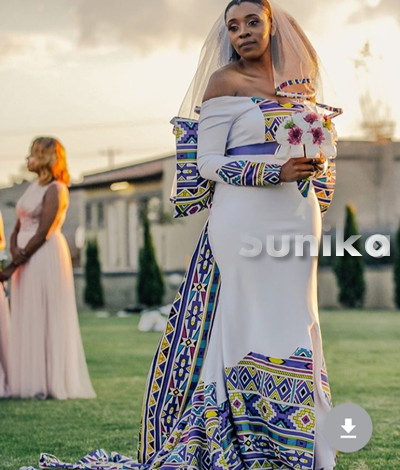
The Ndebele culture is renowned for its stunning beadwork and vibrant geometric designs. Ndebele brides wear a "pelele," a heavily beaded and decorative collar, along with a "ngurara," a beaded apron that covers the front of the dress. The dress itself is made of pleated fabric adorned with colorful beadwork, reflecting the richness of Ndebele culture.
This season the Ndebele traditional Wedding dresses are more vibrant, the drop shoulder trend has also found its way around the Ndebele Traditional wedding attire. The colourful Ndebele prints make the Traditional wedding theme easy to blend with neutral or matching colours.
Click Here to see more Ndebele Traditional Wedding Dresses
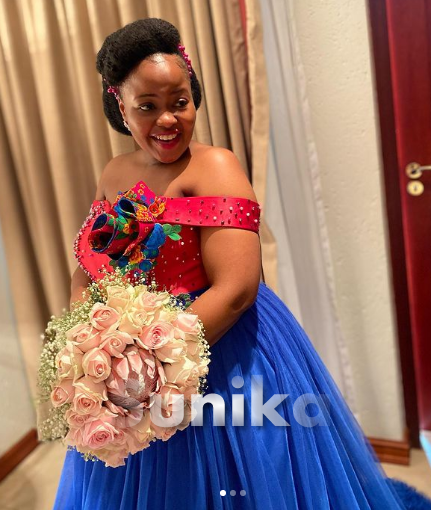 5. Tsonga Traditional Wedding Dresses: Tsonga brides showcase their heritage through an attire known as "tinguvu." The tinguvu is a strikingly patterned, colorful cloth wrapped around the bride's body. The outfit is completed with a beaded necklace, bracelets, and anklets, which add a touch of elegance and cultural significance.
5. Tsonga Traditional Wedding Dresses: Tsonga brides showcase their heritage through an attire known as "tinguvu." The tinguvu is a strikingly patterned, colorful cloth wrapped around the bride's body. The outfit is completed with a beaded necklace, bracelets, and anklets, which add a touch of elegance and cultural significance.
Tsonga traditional wedding dresses are the most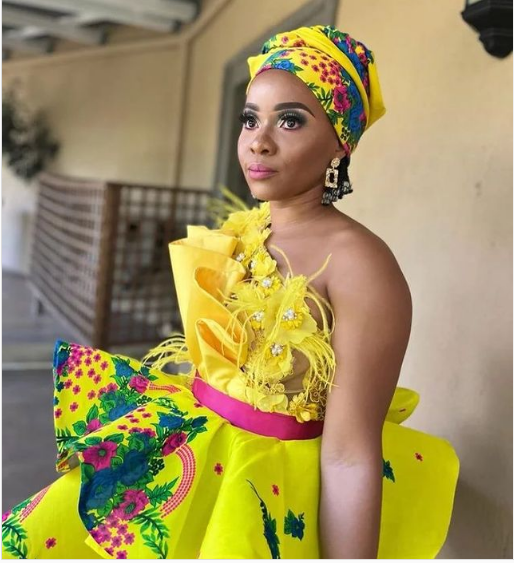 colourful South African Traditional Dresses. The flower detail which comes in a wide array of designs and prints make it easy for Traditional African Wedding dress designers to come up with new and exciting designs wedding every season. Tulle is in fashion, it is easy to blends with the versatile Tsonga prints.
colourful South African Traditional Dresses. The flower detail which comes in a wide array of designs and prints make it easy for Traditional African Wedding dress designers to come up with new and exciting designs wedding every season. Tulle is in fashion, it is easy to blends with the versatile Tsonga prints.
Click Here to see more Tsonga Traditional Wedding dresses
Venda Traditional Wedding Dresses
The Venda traditional wedding dress is usually characterised by a colourful striped print fabric which comes in red, turquoise, yellow, orange, blue and green. The Venda traditional wedding dress has now transformed to modern designs styles with fresh new designs every wedding season.
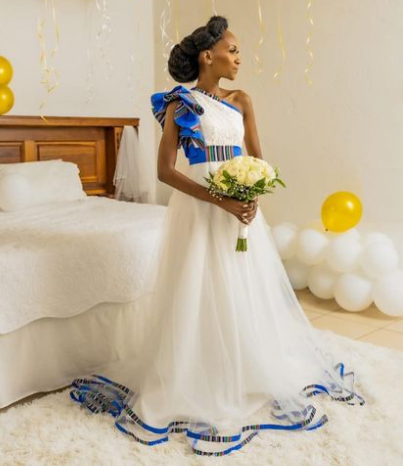
Click Here to see more Venda Traditional Wedding Dresses
Pedi Traditional Wedding Dresses
The SePedi traditional wedding dress is usually characterised by a colourful striped print fabric which comes in red, turquoise, yellow, orange, blue and green. The Venda traditional wedding dress has now transformed to modern designs styles with fresh new designs every wedding season.
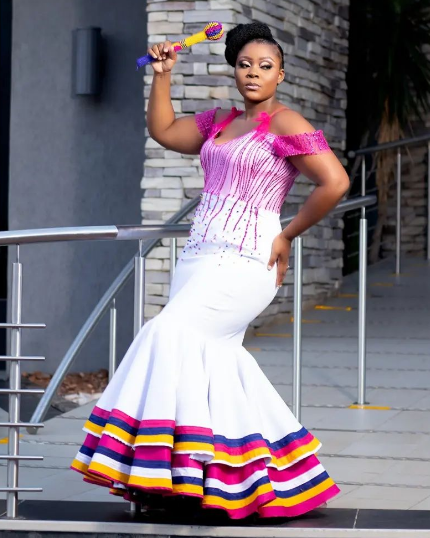
Click Here to see more Pedi Traditional Wedding Dresses 
Swazi Bridal Attire
This wedding season, Traditional Wedding Dress designers in South Africa are creating amazing Swazi Traditional Wedding dresses designs. The Swazi prints can be blended with a mixture of plain matching colours, tulle, satin or cotton to create amazing Traditional Wedding dresses. Swazi brides have become more open to modern design trends and there is always new and exciting designs to watch out for if you are looking for modern Swazi designs.
Click here to see more Swazi Traditional Wedding Dresses
Tswana Traditional Wedding Dresses
This wedding season, Traditional Wedding Dress designers in South Africa are creating amazing Tswana Traditional Wedding dresses designs. The Tswana Shweshwe prints can be blended with a mixture of plain matching colours, tulle, satin or cotton to create amazing Traditional Wedding dresses. Tswana brides have become more open to modern design trends and there is always new and exciting designs to watch out for if you are looking for modern Tswana designs.
Click here to see more Tswana Traditional Dresses
Shweshwe Traditional Wedding Dresses
This wedding season, Traditional Wedding Dress designers in South Africa are creating amazing Shweshwe Traditional Wedding dresses designs. The Shweshwe prints can be blended with a mixture of plain matching colours, tulle, satin or cotton to create amazing Traditional Wedding dresses. Shweshwe brides have become more open to modern design trends and there is always new and exciting designs to watch out for if you are looking for modern Shweshwe designs.
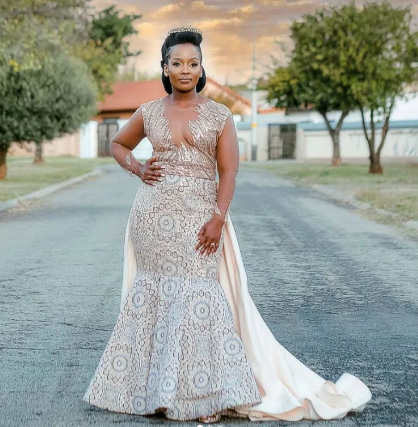
Click here to see more Shweshwe Wedding Dresses
Plus Size Traditional Wedding Dresses
This wedding season, Traditional Wedding Dress designers in South Africa are creating amazing Plus Size Traditional Wedding dresses designs. Plus Size dresses can be blended with a mixture of plain matching colours, tulle, satin or cotton to create amazing Plus Size Traditional Wedding dresses. Plus Size brides have become more open to modern design trends and there is always new and exciting designs to watch out for if you are looking for modern Plus Size Traditional wedding designs.
Click here to see more plus size Traditional Wedding Dresses
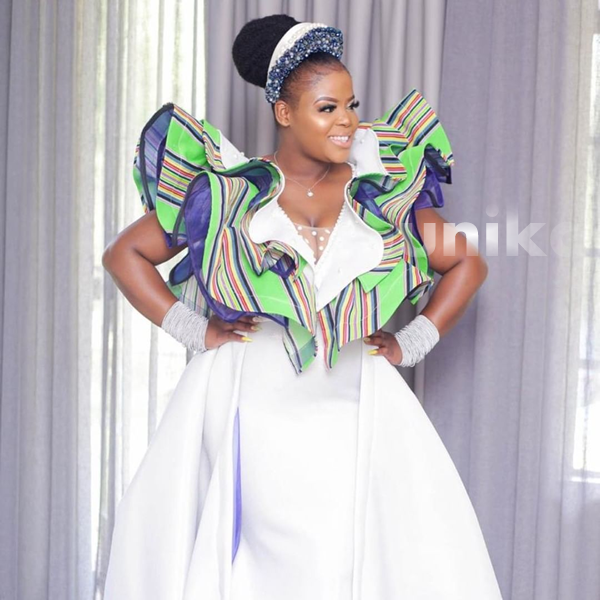

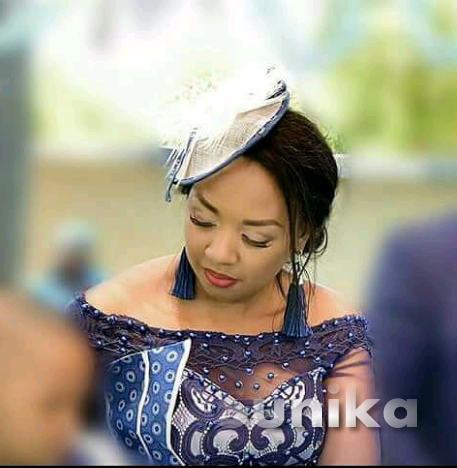

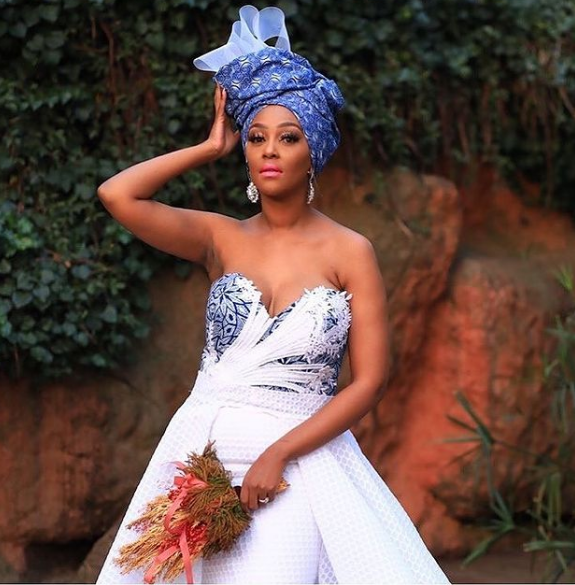 Simple and minimalist are the latest popular trends for Traditional Wedding Dresses in 2022.
Simple and minimalist are the latest popular trends for Traditional Wedding Dresses in 2022. 